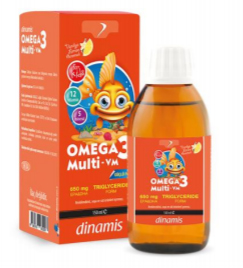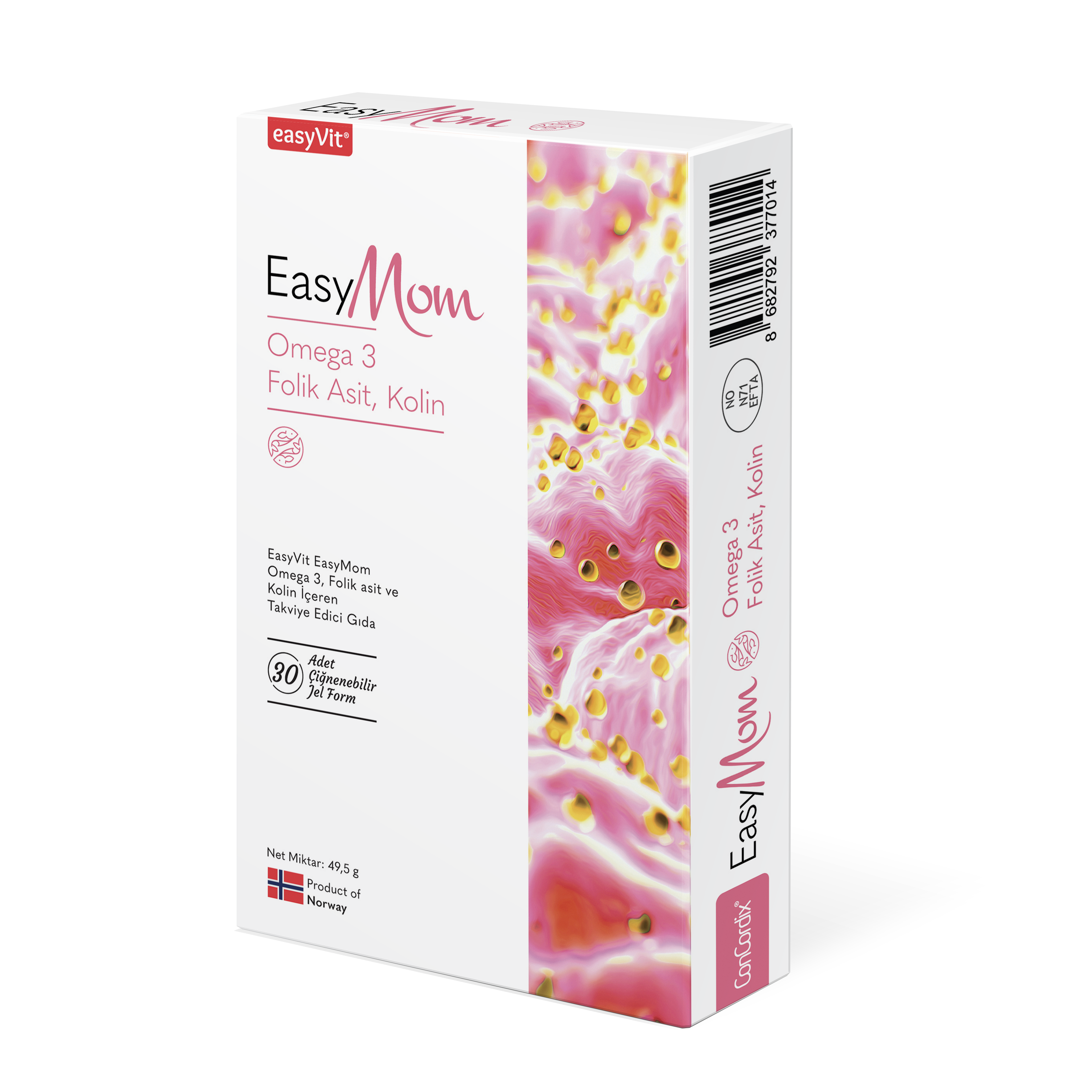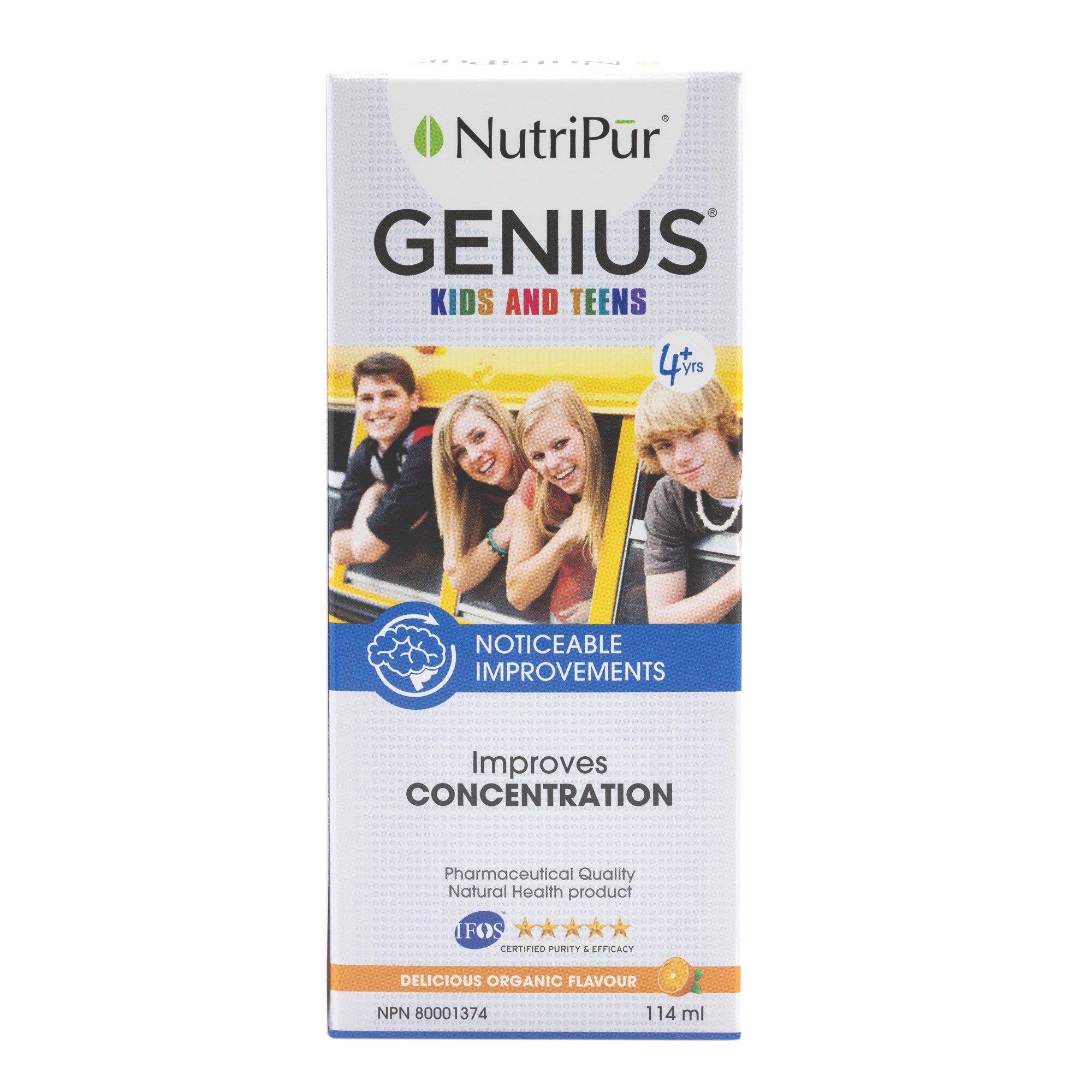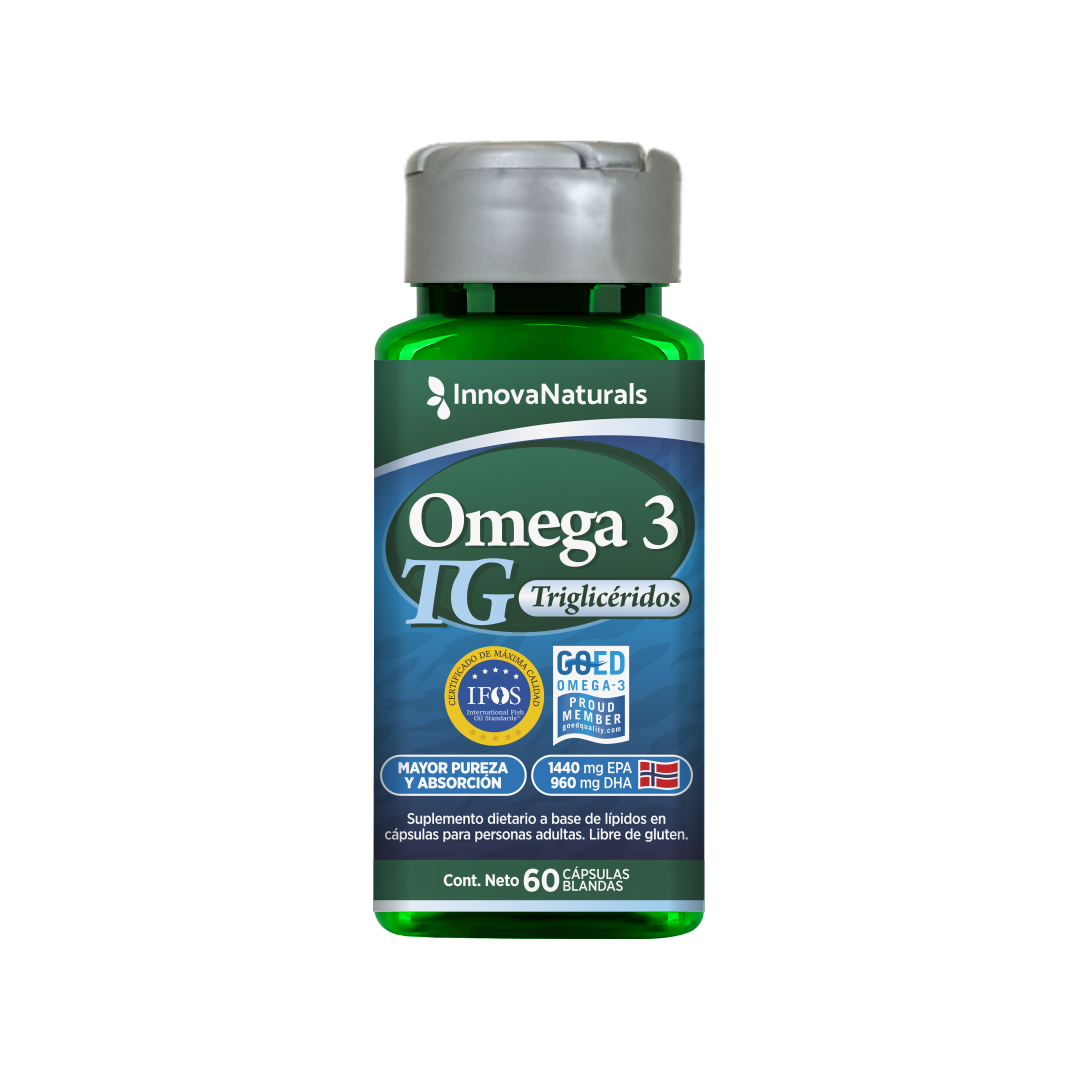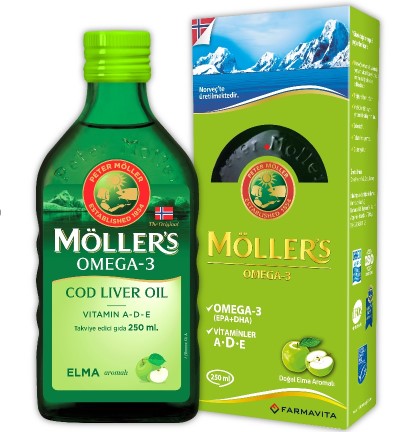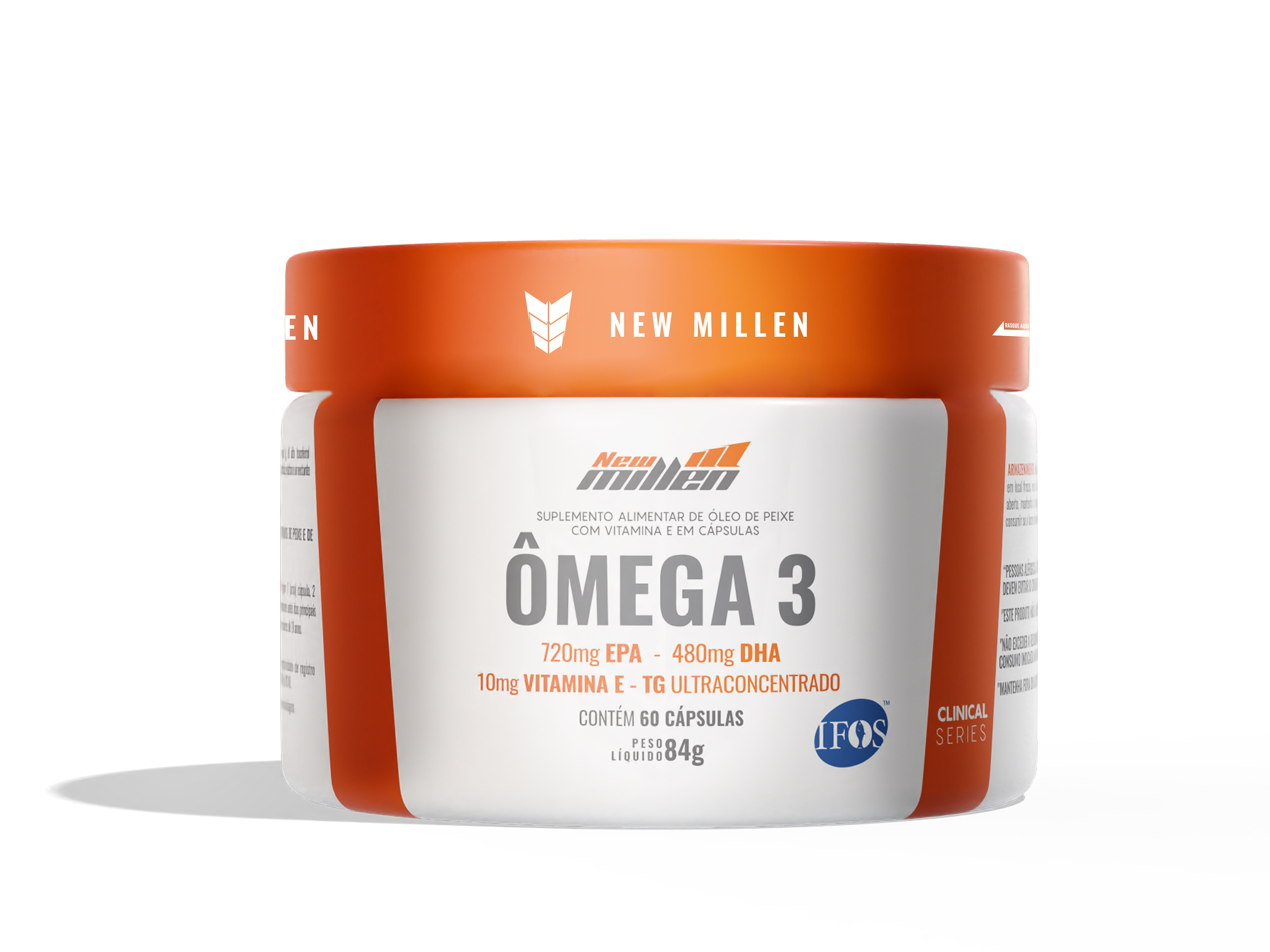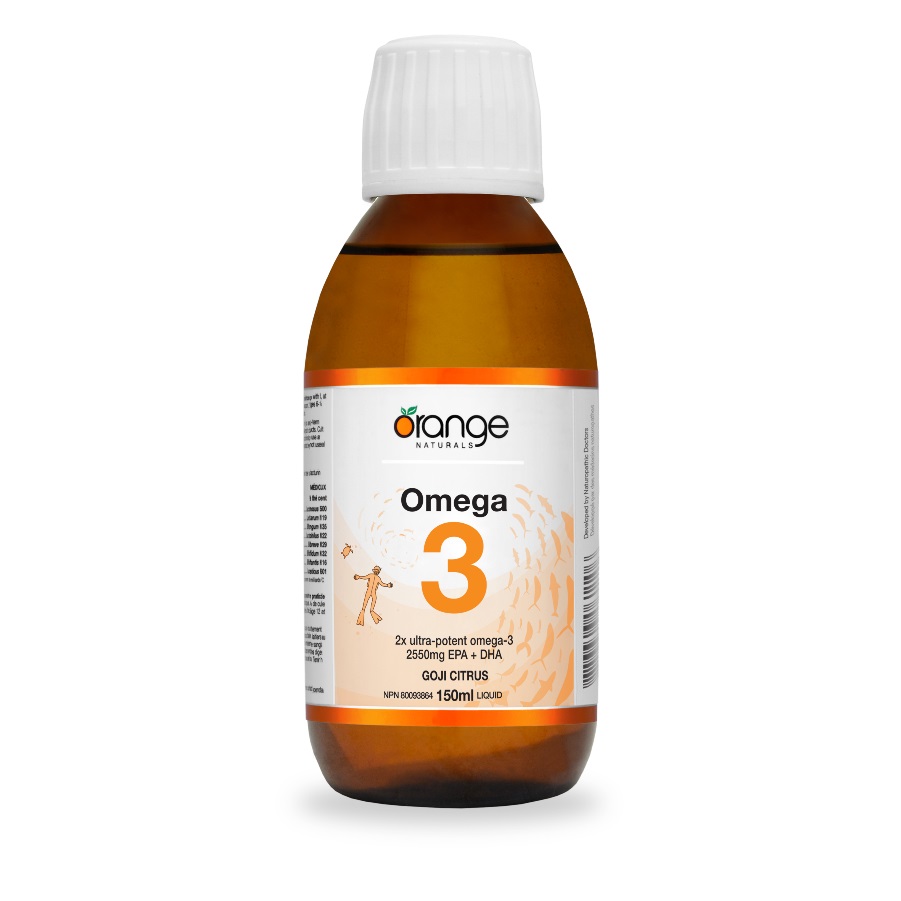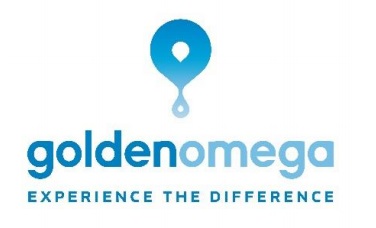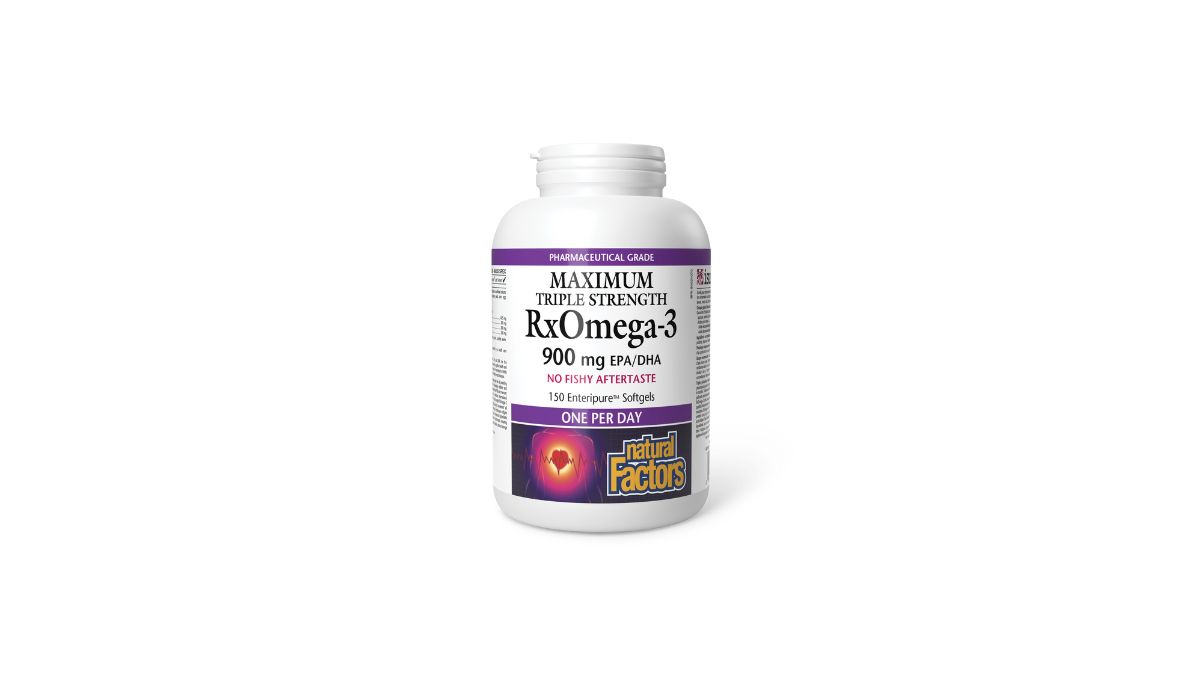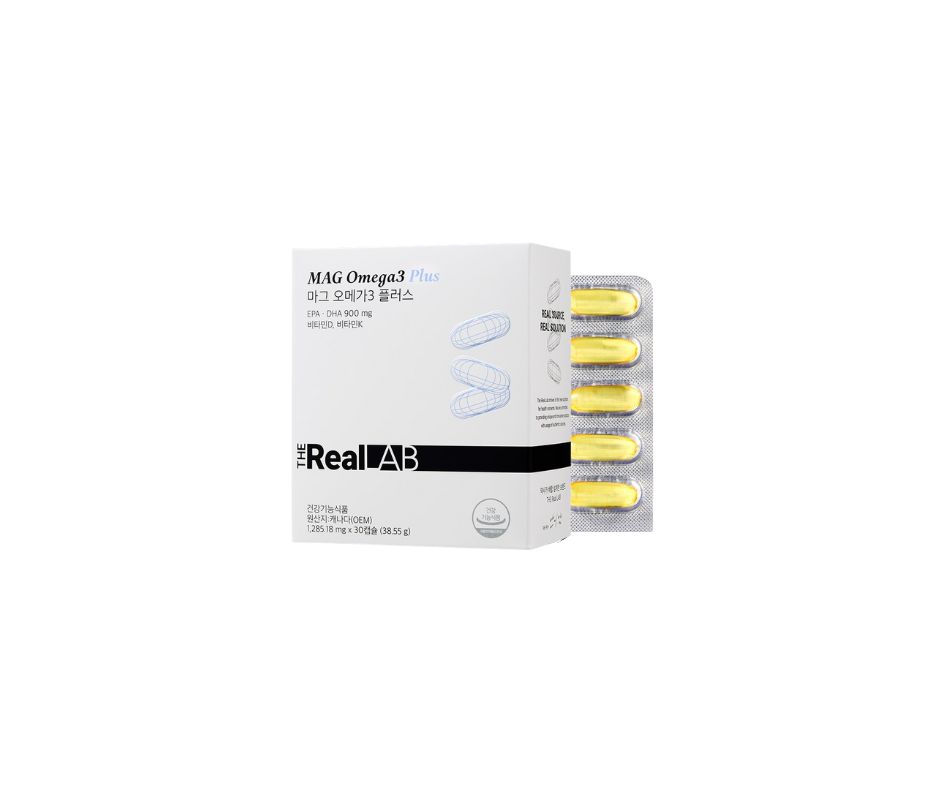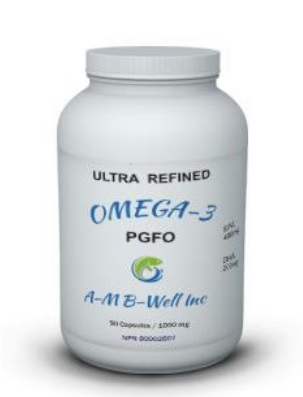
What is IFOS™?
Launched in 2004, IFOS™ (International Fish Oil Standards) is Nutrasource’s oldest and most well-known certification. Thousands of products around the world proudly bear the IFOS™ certification mark as a symbol of transparency and quality.
IFOS™ provides a way for companies to test their products to the highest quality, safety, and purity standards in the world and then showcase their full testing results online for the world to see.
Are you a brand or ingredient provider looking to get IFOS™ certified? Click here to learn more about the IFOS™ program.
What are Omega-3s?
Omega-3 fatty acids are a type of fat we need for optimal health that can’t be made in the body. Instead, we must get it from our diet (foods or supplements).
The two main omega-3s with health benefits are eicosapentaenoic acid (EPA) and docosahexaenoic acid (DHA). They are found in animal sources like fatty fish and fish oil supplements. A third type, alpha-linolenic acid (ALA), is a plant-based omega-3 found in foods like chia and flax or supplements.
Omega-3 Health Benefits
There is an extensive amount of human research supporting EPA and DHA’s health benefits.
From a nutrition standpoint, the typical North American diet doesn’t provide enough EPA and DHA for good health. Most people need to increase their intake. A diet too low in omega-3s, and too high in omega-6s (another type of dietary fatty acid), has been linked to many diseases.
DHA is found in the brain, retina, and heart. It’s especially important for infants and children as they grow and develop. EPA is involved in the body’s inflammatory processes and may help prevent or alleviate diseases resulting from chronic inflammation. These include heart disease, stroke, obesity, and arthritis.
Though more research is needed, there is some evidence showing possible benefits of omega-3s for ADHD (attention-deficit hyperactivity disorder), asthma in children, and brain health in the elderly.
How Much Do You Need?
The amount of omega-3s you need varies depending on your age and life stage.
According to the Global Organization for EPA and DHA Omega-3s (GOED), a non-profit organization that has reviewed the current scientific literature, the current recommended adequate intakes for omega-3 fatty acids are:
500 mg
- For the general healthy adult population, in order to lower the risk of coronary heart disease (CHD)
700-1000 mg
- For pregnant and lactating women, optimal intake is 700 mg/day of EPA+DHA. At least 300 mg should be DHA.
- For secondary prevention of CHD: 1000 mg/day EPA + DHA
> 1 g
- Higher intakes are supported for a range of additional health conditions (e.g. blood pressure⁴, triglycerides)
Products that get IFOS-certified are typically omega-3 supplements like fish oil. They are tested against standards for:
- Active Ingredient Content – Does the product contain the amount and specific types of omega-3s the label says it should?
- Contaminants – Does the product contain unsafe levels of harmful chemicals?
- Stability – Is the product as fresh as possible, or has it gone bad (oxidized)?
Analytical testing is the only sure-fire way of making sure products meet certain limits. See IFOS testing limits in Certified Product Reports.
 Skip to main content
Skip to main content

